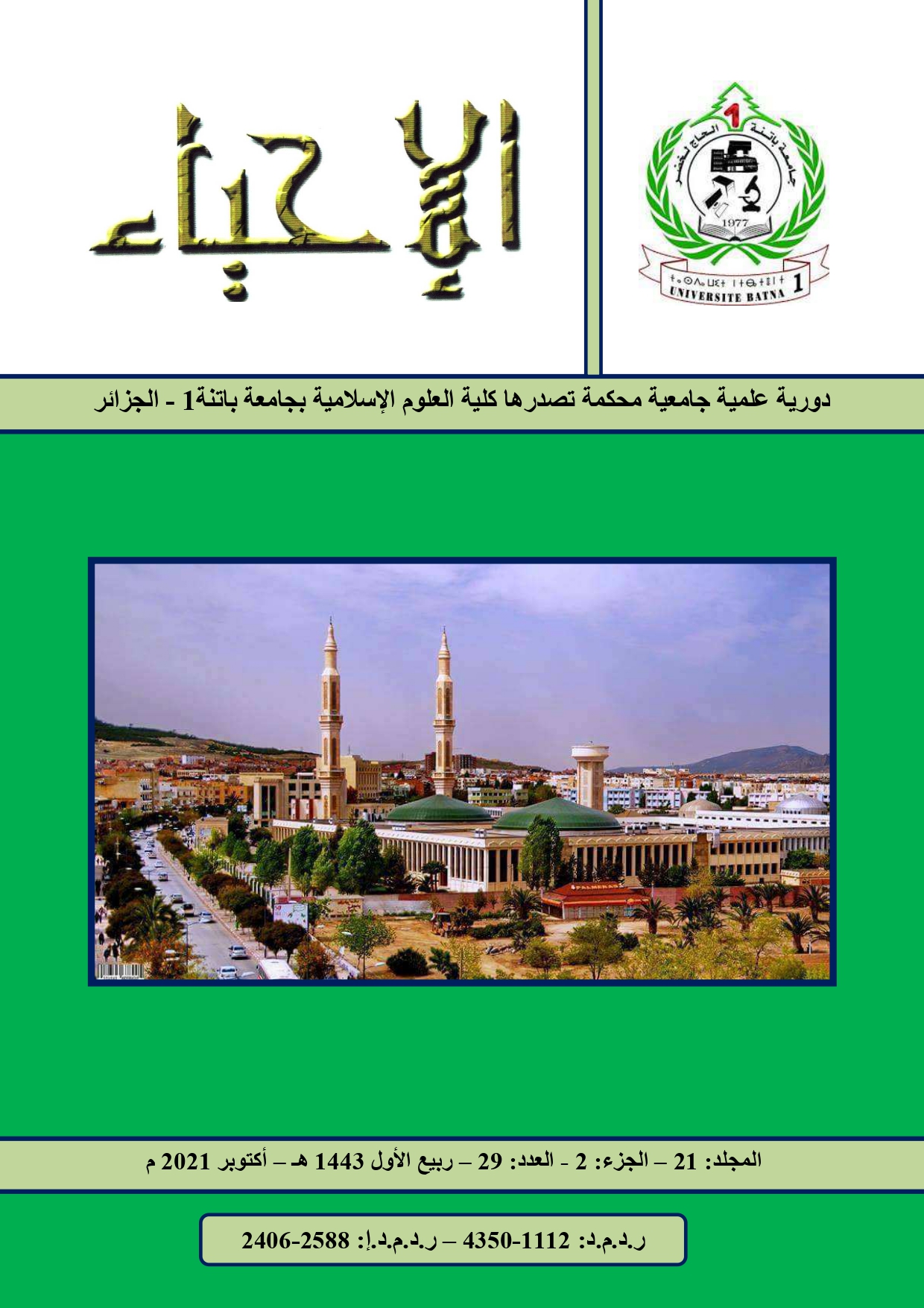استراتيجية السياسة الفرنسية في محاربة المقومات الثقافية وهدم المؤسسات الثقافية والدينية في الجزائر (1830-1870)
DOI:
https://doi.org/10.59791/ihy.v21i2.583الكلمات المفتاحية:
التاريخ الثقافي، النخبة، المؤسسات الثقافية، استراتيجية، التراثالملخص
يدرس هذا المقال المرحلة الأولى للاحتلال الفرنسي للجزائر(1830-1870)، في إطار التاريخ الثقافي، الذي يهتم بالمقومات الثقافية، والتي تعرضت للاعتداء، وفق استراتيجية فرنسية رُسمت منذ الأيام الأولى. وتجلّت مظاهر السياسة الفرنسية المتبعة في محاربة الدين الإسلامي، ونشر المسيحية، إيجاد نواة النخبة الموالية، ومحاربة الثقافة العربية الإسلامية، ونشر الفرنسية، ومنافسة اللغة العربية والتضييق عليها، ونهب التراث العربي الإسلامي. إضافة إلى هدم المؤسسات الثقافية الأصيلة، وهي المساجد والمدارس والمعاهد، وزوايا العلم، والأوقاف الإسلامية. وتبعها ردود الأفعال الوطنية، التي تصدت للسياسة الفرنسية، وعرقلت بعض مخططاتها. والجدير بالذكر أن الحرب التي استهدفت الهوية رغم شراستها في هذه المرحلة، فإنّها مهّدت للمستقبل الذي يمكن مقارنته بما سبق حتى نتبين مراحل التشويه التي مست الهوية، والتي مازالت بعض آثارها ماثلة إلى اليوم في حياة الجزائريين، ولها صور أخرى للنضال من قبل الوطنيين
التنزيلات
منشور
كيفية الاقتباس
إصدار
القسم
الرخصة

هذا العمل مرخص بموجب Creative Commons Attribution-NonCommercial-NoDerivatives 4.0 International License.






